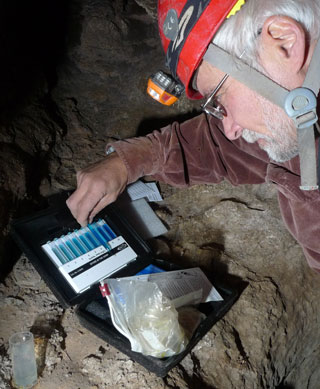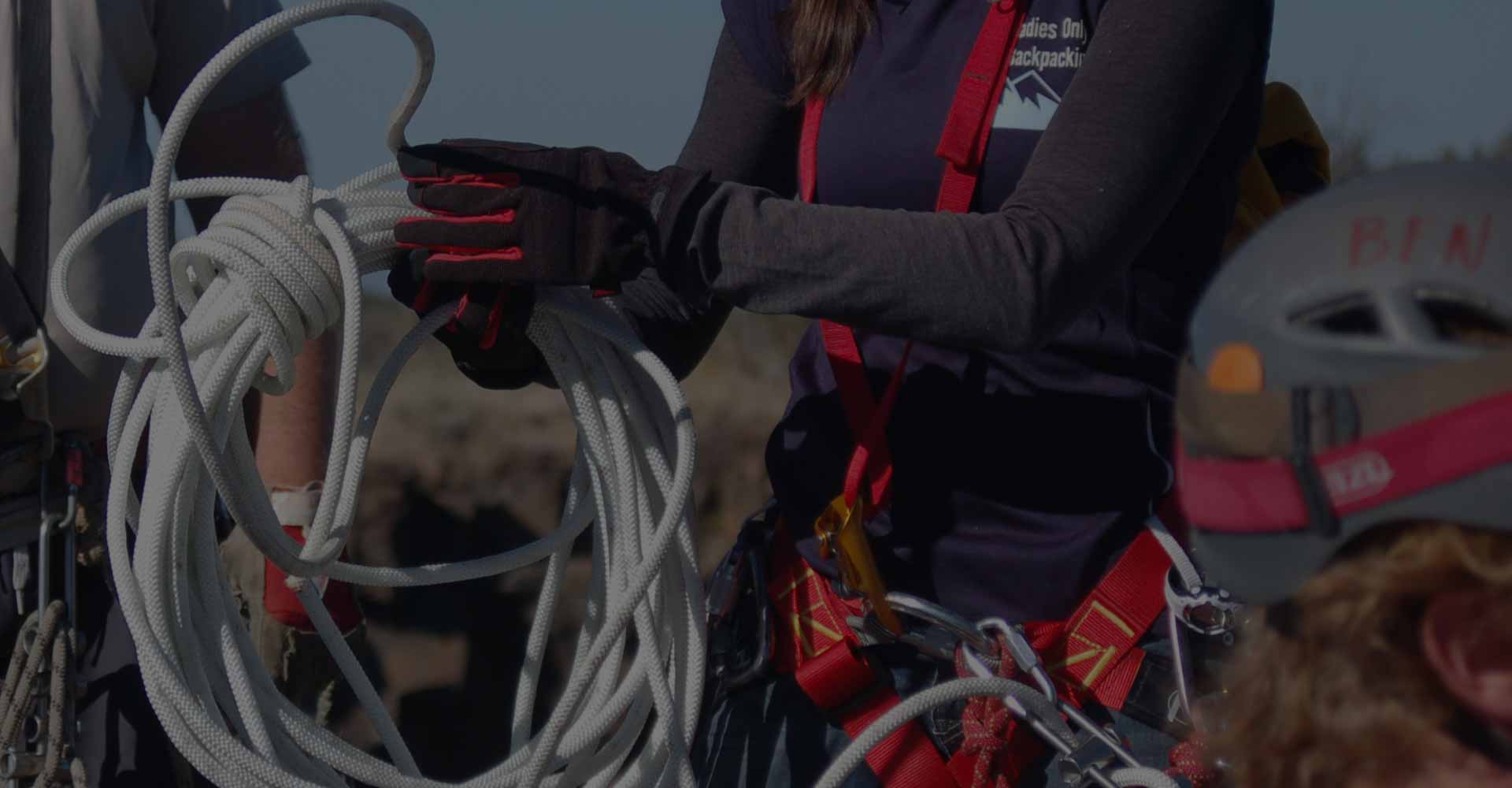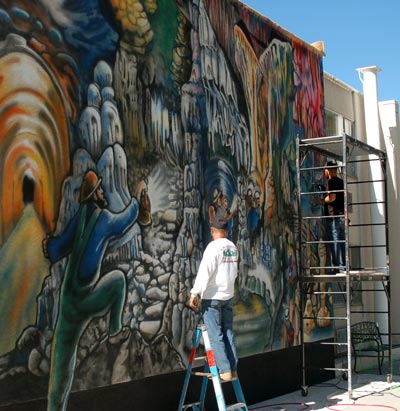
To demonstrate the demographic buying potential and market value of natural resource managers like park rangers, it's essential to understand their unique position within the workforce and consumer market. Natural resource managers, including park rangers, play a critical role in environmental stewardship and public land management, which often requires advanced education, specialized training, and a passion for conservation. This demographic typically consists of highly motivated professionals who are invested in preserving natural spaces. Their dedication to their career - and often outdoor lifestyle - makes them likely consumers of products related to sustainability, outdoor equipment, eco-friendly technologies, and specialized tools.

Park rangers and natural resource managers are key decision-makers when it comes to purchasing equipment and tools for their daily work in park management, wildlife protection, and outdoor education.
Photo courtesy of Dr. Jean K. Krejca, Zara Environmental LLC.
The buying potential of this demographic extends beyond personal needs and intersects with their professional responsibilities. Park rangers and natural resource managers are key decision-makers when it comes to purchasing equipment and tools for their daily work in park management, wildlife protection, and outdoor education. This includes everything from hiking gear, camping equipment, and all-terrain vehicles to specialized technology for conservation efforts, such as drones and GPS devices. Their position in managing large areas of land and resources often gives them influence over institutional purchasing decisions, increasing their value as a consumer base for companies offering relevant products.
In addition to their role in purchasing equipment, natural resource managers are often aligned with sustainable and eco-friendly brands. Their professional values around conservation and environmental protection often extend into their personal lives, where they seek out products that support sustainability, renewable energy, and ethical sourcing. This makes them prime targets for brands focused on outdoor recreation, green technology, and environmentally friendly products. Sponsorship of events, educational programs, or conservation initiatives could provide these brands with access to a consumer base deeply engaged with their mission.
From a market perspective, natural resource managers typically earn stable salaries that allow for discretionary spending on both personal and professional products. The U.S. Bureau of Labor Statistics reports that park rangers and related roles often have an income in the mid-range of $40,000 to $70,000 annually, depending on experience and location. This income level supports their ability to invest in high-quality products and services that enhance both their work and lifestyle. As they continue to climb the career ladder, their income and purchasing power grow, further boosting their value in the market.
Moreover, the market value of natural resource managers lies not just in their purchasing power but also in their potential as brand ambassadors. Park rangers and other natural resource managers are often seen as trustworthy and knowledgeable professionals by the general public. Their endorsement of specific products or services can lead to significant brand credibility, particularly in industries related to outdoor activities, environmental conservation, and sustainability. Partnering with natural resource managers can provide long-term value, as their connection to both the land and the community fosters an authentic and enduring brand relationship.

Image courtesy of Matt Bowers, ThirdMedia.com.
The official event schedule for the 2025 NCKMS has now been updated. Please check our schedule page or download a PDF to your mobile device.

The Cave Research Foundation is a private, non-profit organization dedicated to:
Facilitating research, management and interpretation of caves and karst resources; Forming partnerships to study, protect and preserve cave resources and karst areas; Promoting the long term conservation of caves and karst ecosystems.

Established by congress in 2006, the Great Basin National Heritage Area is a federally designated National Heritage Area in White Pine County, Nevada and Millard County, Utah. The area was defined to recognize and promote the scenic and cultural resources associated with this central portion of the Great Basin.
In 2016, concurrent with the NSS Convention in Ely, the heritage area's partnership arm helped fund a mural recognizing Absolom Lehman's explorations in the Lehman Caves of Great Basin National Park. Designed by NSS cave artist, Carolina Shrewsbury, the mural is now permanently installed on Highway 50 in downtown Ely.
The National Heritage Area includes Great Basin National Park and portions of Humboldt-Toiyabe and Fishlake National Forests, as well as Fort Deseret, Sevier Lake and the Topaz War Relocation Center.